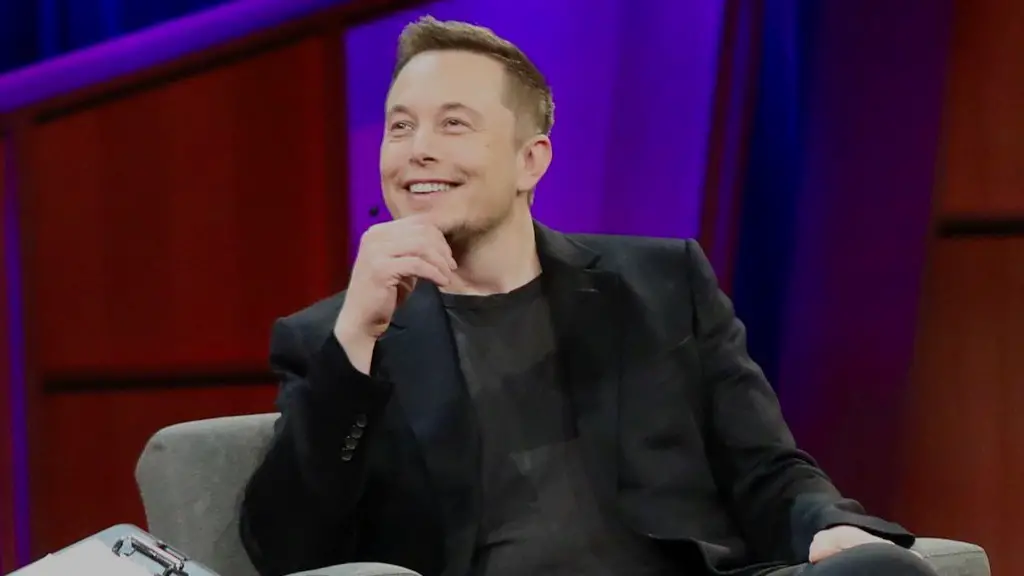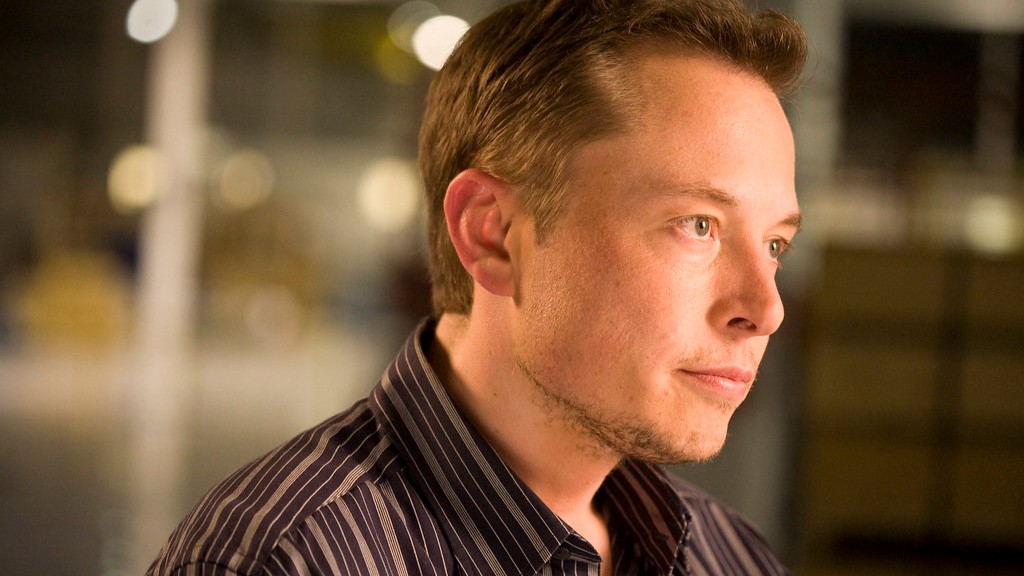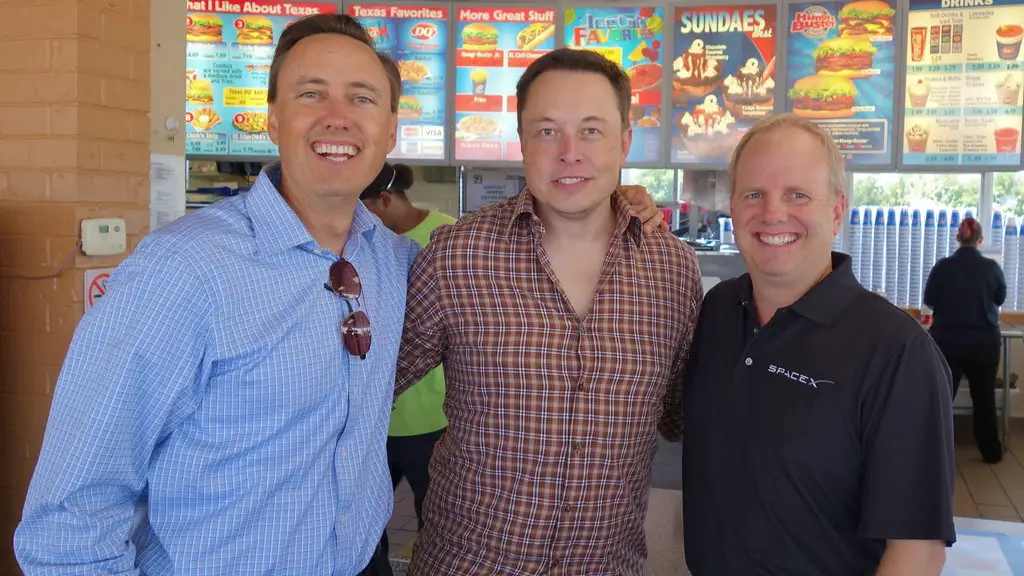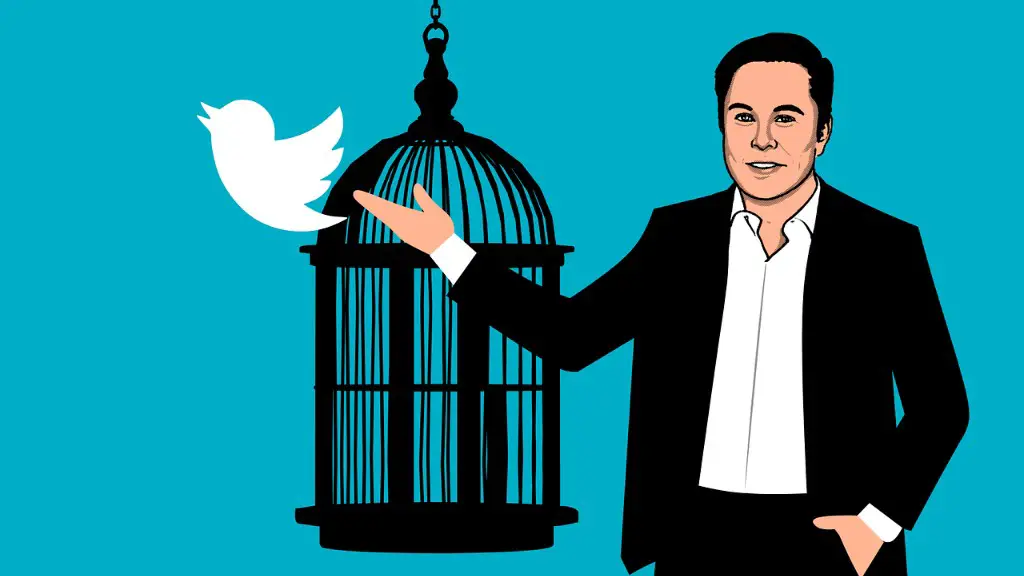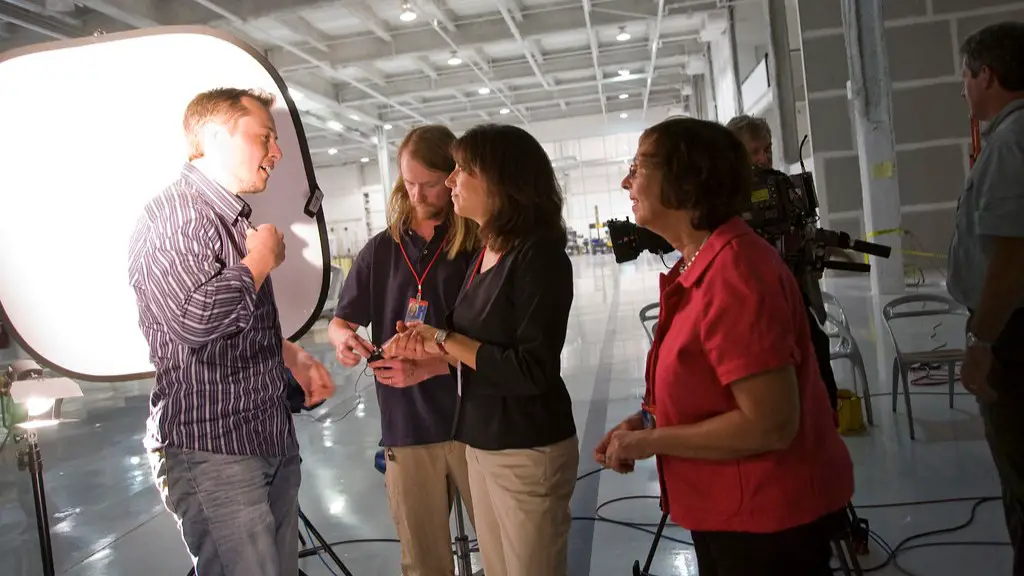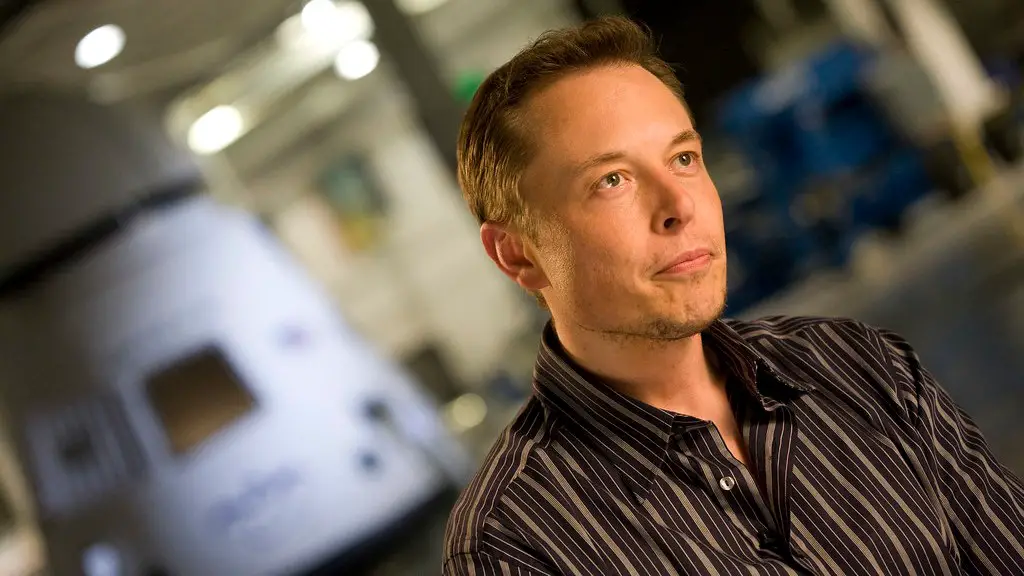Part 1: The Beginnings of Tesla
Elon Musk had just been ousted from PayPal, the digital payment company he co-founded, when he decided to take a risk and invest in a company he barely knew: Tesla Motors. At the time, Tesla was an upstart electric car company specializing in high-end sports cars. He was determined to make Tesla an industry leader, a goal that seemed almost impossible at the time.
Founded in 2003, Tesla Motors was the brainchild of two Silicon Valley engineers, Martin Eberhard and Marc Tarpenning, who wanted to create a car company that was “dedicated to producing electric vehicles at scale.” Eberhard and Tarpenning had already built a prototype electric sports car and were looking for funding to make the car available to the mass-market. Musk was just the person they needed.
At the time, most industry experts were skeptical of the electric car’s potential, especially since the idea of an electric vehicle had been tried and failed several times. With a net worth of over $100 million, Musk didn’t care about the potential for failure; he had the money and the vision to back the project. In 2004, he provided enough funding for Tesla Motors to launch the first production run of the company’s electric car.
In the first year, Musk took on several roles at the company, from CFO to chairman of the board of directors. He was instrumental in helping the company secure additional funding, and was involved in the design and development of the car. His vision and leadership enabled Tesla to build its first production model, the Tesla Roadster, in 2008.
From the very beginning, Musk had a clear idea of what Tesla Motors should look like: He wanted to build an innovative, sustainable car company that was “driven by technology and product design, not marketing.” This vision is still driving the company today, and it has led to the development of some of the world’s most advanced electric cars, such as the Model S and Model X.
Part 2: Musk’s Long Term Plan for Tesla
When Tesla first launched, Musk was determined to make it into a profitable, sustainable car company. But he also wanted to make sure Tesla had an impact on the world. According to him, “My long-term plan for Tesla was always to make an affordable electric car.”
In 2012, Musk unveiled the Tesla Model S, an all-electric sedan with a range of up to 300 miles. It was a remarkable achievement in automotive engineering and design. Not only was the Model S incredibly efficient, it also boasted features such as autopilot and a unique battery design that made it cheaper to operate than gasoline cars. The Model S quickly became the best-selling electric vehicle in the United States.
The success of Tesla’s flagship sedan encouraged Musk to keep pushing the envelope. He followed up the Model S with the Model X, an all-electric SUV with a range of up to 325 miles. With the Model X, Musk showed that electric cars could be just as practical as their gasoline counterparts. The success of the Model X is a testament to Musk’s vision of making affordable electric cars.
In 2017, Tesla unveiled its most ambitious vehicle to date: the Model 3, an all-electric car with a range of up to 310 miles and a starting price of $35,000. The Model 3 was the first truly mass-market electric car, and it achieved the goal of making electric vehicles accessible to more people. It is a remarkable achievement that shows Musk’s commitment to making electric cars more affordable and accessible.
Today, Tesla continues to push the boundaries of innovation with a wide range of advanced electric cars, from the high-end Model S to the mass-market Model 3. Musk’s vision and leadership have been instrumental in making Tesla the world’s leading electric car manufacturer.
Part 3: Tesla’s Impact on the Automotive Industry
When Musk founded Tesla, he wanted to make a difference in the world. What he may not have realized is how much of an impact his company would have on the automotive industry. Tesla has revolutionized the way people think about cars.
Thanks to Tesla, electric cars are no longer seen as an expensive niche product. The success of the Model 3 has shown that electric cars can be affordable and accessible to more people. This has helped spark a revolution in the automotive industry, with several major automakers now rushing to introduce their own electric cars.
Tesla has also pioneered new technologies such as semi-autonomous driving and over-the-air software updates, both of which other auto companies are now adopting. The Tesla Supercharger network, which enables Tesla owners to quickly and easily recharge their cars, has also set a new standard for charging infrastructure. Tesla’s achievements have helped pave the way for a future of sustainable, efficient electric vehicles.
In addition to its technological innovations, Tesla has also been a leader in terms of sustainability. The company has been a trailblazer in the use of renewable energy, powering all of its factories, charging stations, and offices with clean and renewable energy sources. Tesla has made sustainability a priority, and the company’s success is helping to set the stage for a cleaner and greener automotive industry.
Part 4: The Controversies Surrounding Tesla
While Tesla has achieved tremendous success, the company has also been embroiled in several controversies. The most notable of these controversies is the company’s Autopilot technology, which was involved in a fatal crash in 2016.
The crash highlighted the potential dangers of semi-autonomous driving, and it raised questions about the safety of Tesla’s Autopilot system. Since then, the company has updated the system and put in place several safety measures to prevent similar incidents in the future. Nevertheless, the incident served as a reminder that autonomous driving technology is still in its early stages.
Another controversial issue is Tesla’s financials. The company has never been profitable, and it has reported large losses in recent years. In addition, Tesla has long been criticized for its dependence on government subsidies and tax credits. Some experts have argued that without government support, Tesla would not be viable.
Finally, there is the issue of ethics. Elon Musk has been accused of using his position as CEO to benefit himself, rather than the company. He has been accused of using company resources for personal projects such as The Boring Company, and of manipulating the company’s stock price by tweeting misleading statements. These controversies have raised questions about Tesla’s corporate governance.
Part 5: The Future of Tesla
Despite the controversies and financial losses, Tesla has continued to grow and innovate. The company recently announced plans to start producing its cars in China and Europe, which should help boost its sales. Tesla is also planning to launch a new SUV, the Model Y, which is expected to be its most popular model yet.
In the years ahead, Tesla’s goal is to expand its production capacity to meet the growing demand for electric cars. With its new manufacturing facilities, Tesla aims to produce up to 500,000 cars per year. The company also plans to expand its network of charging stations and Superchargers, making it easier for Tesla owners to charge their cars.
Finally, Tesla plans to continue to innovate and push the boundaries of what is possible. Tesla is already working on fully autonomous cars, and the company is also developing solar roof tiles that can generate electricity. Tesla’s future could be very bright, provided the company can overcome its past controversies and financial difficulties.
Part 6: Musk’s Role in Tesla’s Success
Elon Musk’s vision and leadership have been instrumental in Tesla’s success. From the very beginning, Musk was determined to make Tesla into a “sustainable, viable car company” with a long-term goal of making electric cars affordable and accessible. This vision has enabled Tesla to become the world’s leading electric car manufacturer.
Musk has also been instrumental in developing some of Tesla’s most advanced cars, such as the Model S and Model X. He has pushed the company to pursue new technologies such as semi-autonomous driving, and has pioneered new ways of charging electric cars with the Tesla Supercharger network. Finally, Musk’s commitment to sustainability has helped set the stage for a cleaner and greener future for the automotive industry.
Musk’s vision and leadership have made Tesla Motors a driving force behind the electric car revolution. With Tesla leading the way, it is clear that electric cars have a bright future.
Part 7: How Musk Inspired the World
The story of Tesla is inspiring in many ways. Not only has Musk succeeded in taking an ambitious project from an upstart company to a global phenomenon, he has also inspired a new wave of entrepreneurs who believe that anything is possible.
Tesla’s story is often cited as an example of how entrepreneurs can achieve success through innovation and dedication. The success of Tesla has shown just how much can be accomplished when there is a strong vision and a willingness to take risks and challenge the status quo.
Musk has also inspired countless people around the world with his daring ventures and bold ideas. His commitment to sustainability and innovation remind us of the power of dreams, and the importance of never giving up.
By founding Tesla Motors, Elon Musk has created a company that has revolutionized the automotive industry. He has also inspired the world with his vision and leadership, showing that anything is possible if you are willing to take risks and dream big.
